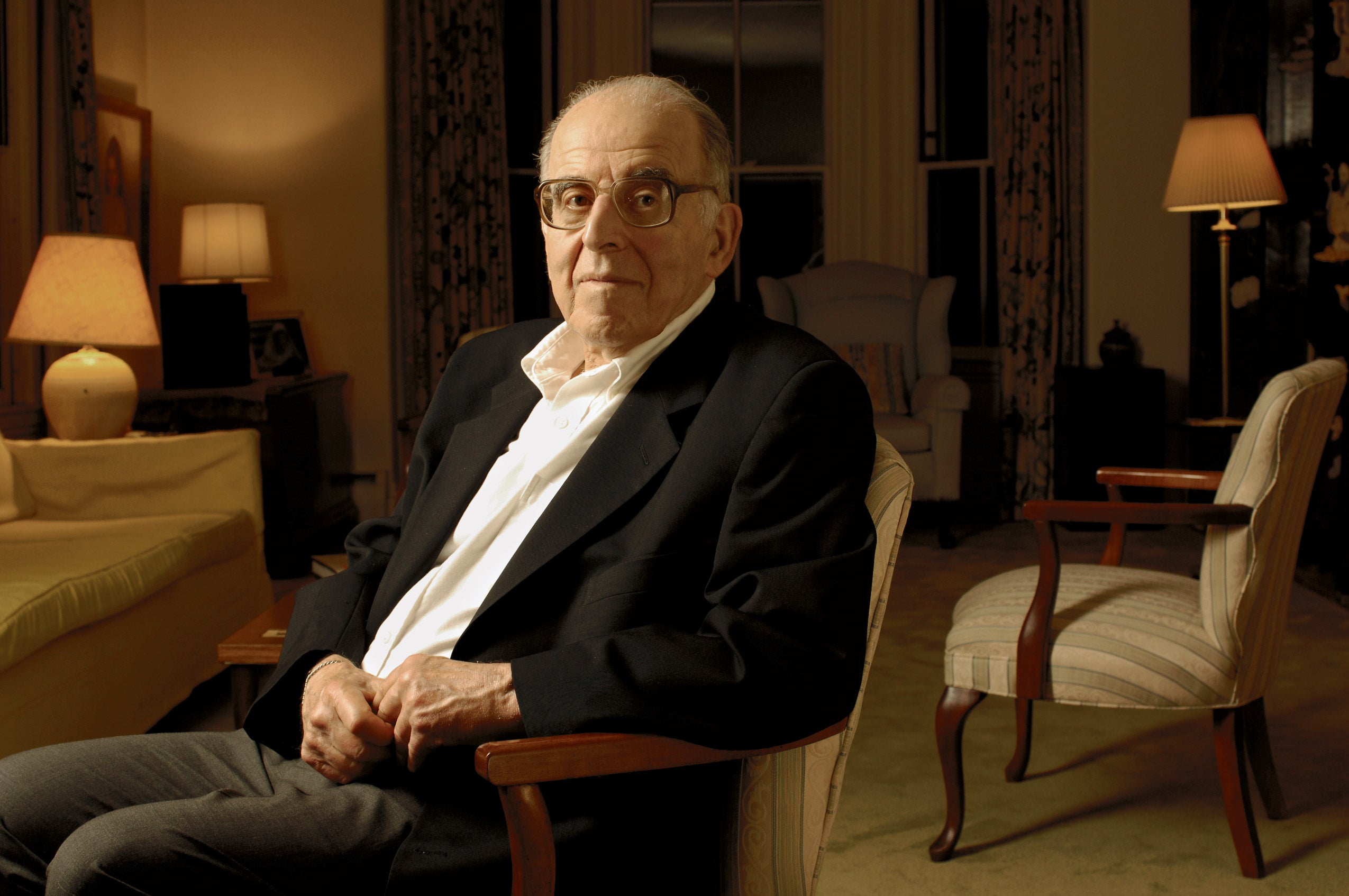For 30 years, he’s been showing that you don’t always have to litigate
Frank E.A. Sander ’52 had nearly two decades under his belt teaching tax and family law at HLS when Chief Justice Warren Burger tapped him to present a paper on alternative dispute resolution 29 years ago.
That paper changed the course of Sander’s career–and helped propel the growth of alternative dispute resolution as an academic discipline and an approach that lawyers take seriously.
Nearly three decades later, he is still researching and teaching about it and thinking about how far the field has come–and has yet to go.
“On Monday, Wednesday and Friday, I think it’s unbelievable what’s happened,” Sander said. “And on Tuesday, Thursday and Saturday, I still think it’s just a grain of sand on the beach because our society is still so adversarial and litigation-oriented.”
Either way, Sander persists in trying to perfect a taxonomy for settlement to help people choose the best forum for their particular dispute. It is an idea he calls “fitting the forum to the fuss.”
In a chapter he contributed to the recent “Handbook of Dispute Resolution,” Sander and his co-author lay out a simple, three-step approach to choosing the right form of dispute resolution, with mediation as the presumed first step.
Looking to the future, Sander foresees a day when his vision of a “multidoor courthouse” will become a reality. He has long argued for courthouses in which there would be multiple processes for resolving disputes. No court has adopted the notion completely, but Sander says the idea is catching on. A number of courts now offer litigants dispute-resolution alternatives to trial.
He also imagines a time when alternative dispute resolution will be a mandatory subject as early as elementary school. “When those kids come home, they tell their parents about it, their parents tell their employers about it, and that’s how the idea spreads.”
And by the time these kids grow up and some of them reach HLS, Sander hopes the approach will be as prestigious as litigation. Strong institutional resistance remains, he conceded: “In the ’80s, there was tremendous expansion of litigation departments. And they are expensive to maintain, so lawyers and law firms have an investment in the status quo.”
But he also sees signs of progress. The wait to get into his summer workshop for nondegree candidates is four years long, and the interest in alternatives to litigation only grows among law firms and corporate counsel, he says.
“Really sophisticated lawyers recognize that if you make clients happy, and both parties leave a dispute having both won or at least not lost, they’re going to use that lawyer over again,” he said. “A satisfied client is the best advertising you can get.”
